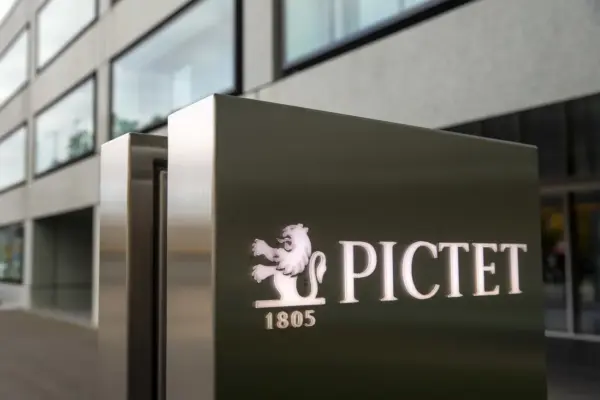The Lagos State Traffic Management Authority has successfully conducted a training program for transport officials from Sierra Leone, exploring valuable insights on achieving efficient traffic management within the state.
The Punch reported that the Director of Public Affairs and Enlightenment Department, LASTMA, Taofiq Adebayo, confirmed the recent development In an official statement released on Sunday.
According to him, the General Manager of LASTMA, Bolaji Oreagba, warmly received the Sierra Leonean traffic officials at his office in Oshodi and expressed the agency’s dedication to transforming the state’s transportation system.
Oreagba highlighted the primary objectives behind the establishment of LASTMA during the administration of former governor Bola Tinubu. The agency was created with the vision of enhancing the state’s transportation infrastructure, facilitating the smooth flow of traffic, and reducing the occurrence of road accidents.
The training program, conducted by LASTMA, served as a platform for knowledge exchange and collaborative efforts to improve traffic management techniques. By equipping Sierra Leonean transport officials with the strategies and approaches employed in Lagos, both nations aim to enhance their respective traffic systems and ensure safer roads for their citizens.
The initiative demonstrates LASTMA’s commitment to fostering international cooperation and sharing best practices in traffic management. As the Sierra Leonean officials return to their home country, they are expected to apply the lessons learned from their training to enhance their own traffic management strategies and contribute to the overall development of Sierra Leone’s transportation system.
In the words of Adebayo, “Mr Oreagba disclosed further that to properly manage and control traffic in Lagos, the agency operates an efficient operational guideline which comprises of seven Comptrollers that covers the three Senatorial Districts in the state, 21 Commanders and 45 Zonal Heads including BRT (1 & 2) as well as the Free Trade Zone.
“He stated that all working ethics of the authority, including all its operations, are being regulated by the Lagos State Transport Sector Reform Law of 2018 as reviewed.
“The General Manager confirmed that the government is currently adopting modern technology innovations in addressing transportation challenges by installing Automatic Number Plates Recognition Camera which captures images of vehicle license plates on roads, CCTV cameras, and also equipping traffic officers with the newly introduced hand-held Traffic Management Solution Device which captures real-time traffic violations on the roads, in addition to signalised intersection and junction improvement.”
According to Adebayo, the Lagos State Government has taken an additional measure to address traffic-related issues by setting up a Mobile Court. This court is responsible for handling cases related to traffic offences since LASTMA itself cannot serve as the judge in such matters.
“Mr Oreagba averred that some of the traffic offences referred to the Lagos Mobile Court by the agency include obstructions, driving against traffic ‘one-way’, illegal parking, illegal u-turn, dropping/picking passengers at undesignated bus stops, disobeying traffic lights/officials, reckless driving and illegal parking on walkways/kerbs among others.
“He stressed that the agency collaborates with the Lagos Metropolitan Area Transport Authority by sanitising the BRT corridors from the motoring public to pave the way for smooth movement of commuters from one designation to another across the state,” Adebayo added.
Adebayo also mentioned that the Director of the Ministry of Transportation and Aviation in Sierra Leone and the leader of the visiting team, Hindolo Shiaka, expressed gratitude to Oreagba for providing a comprehensive presentation on the operational guidelines and legal framework of LASTMA.
According to the report, Shiaka acknowledged the importance of effective traffic management and control and stated that their purpose in visiting was to learn from LASTMA’s operational guidelines and legal framework in order to enhance their own transportation system.










